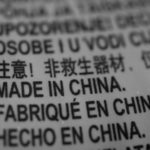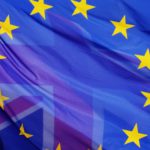The political tumult in the UK over the manner in which Brexit would happen has all but drowned out discussions on the UK’s trade policy after Brexit. Admittedly, the matter of a UK-USA free trade agreement periodically resurfaces. But usually in headline-grabbing ways shorn of serious analysis, as was the case during US Vice President […]
Read moreKnowledge









